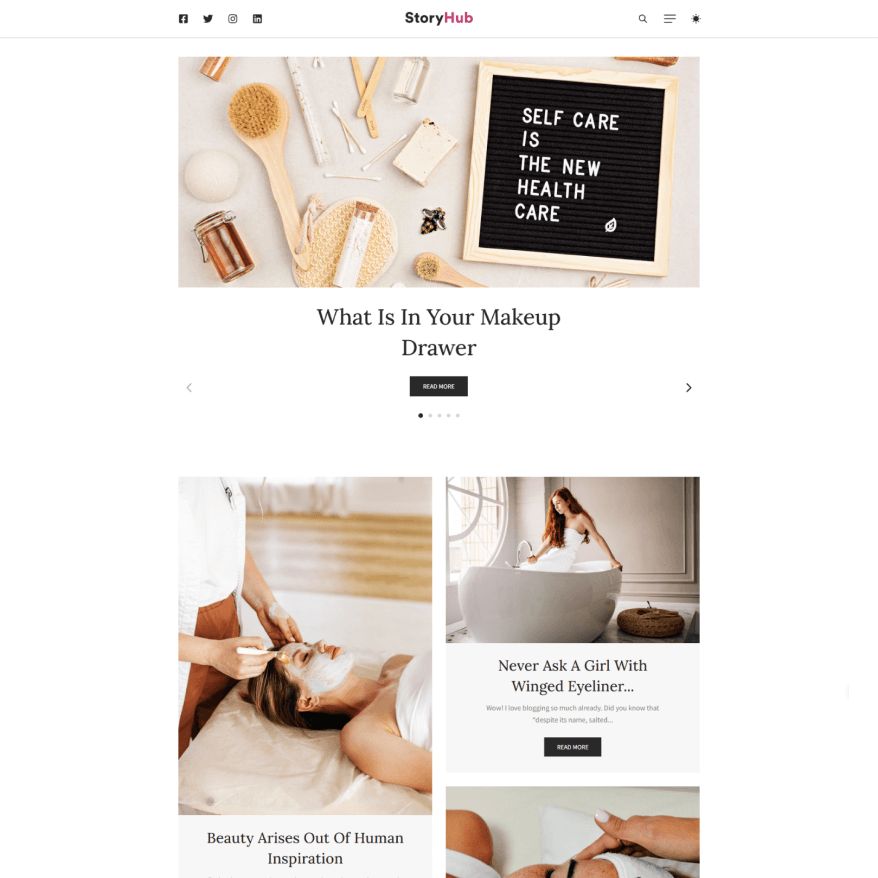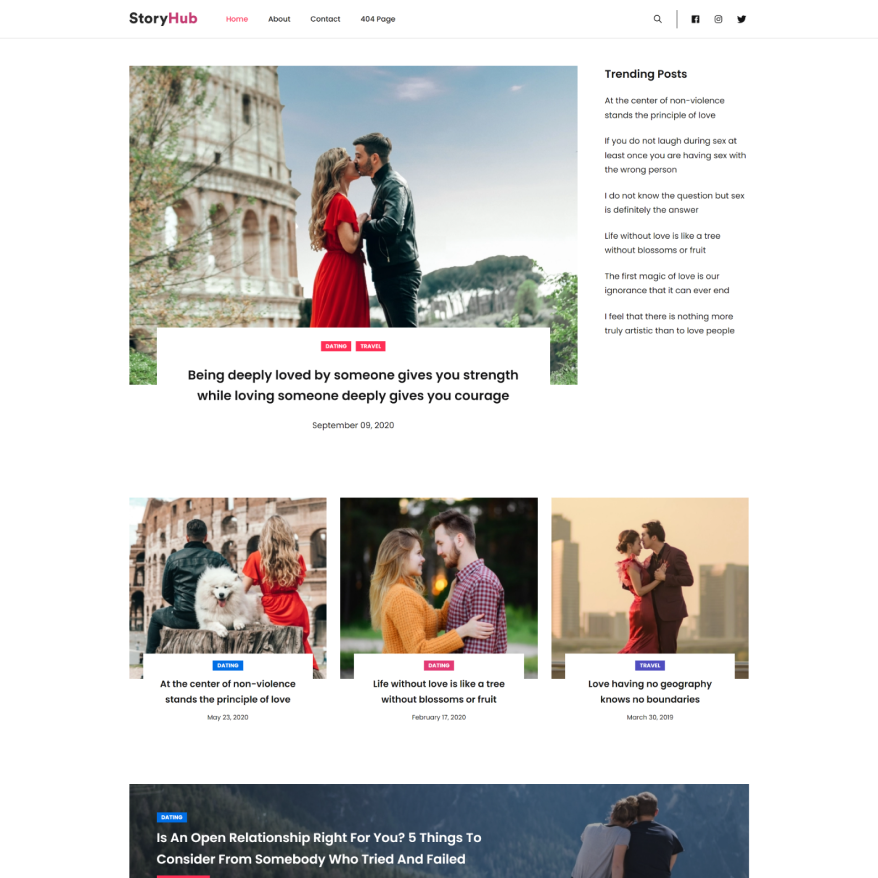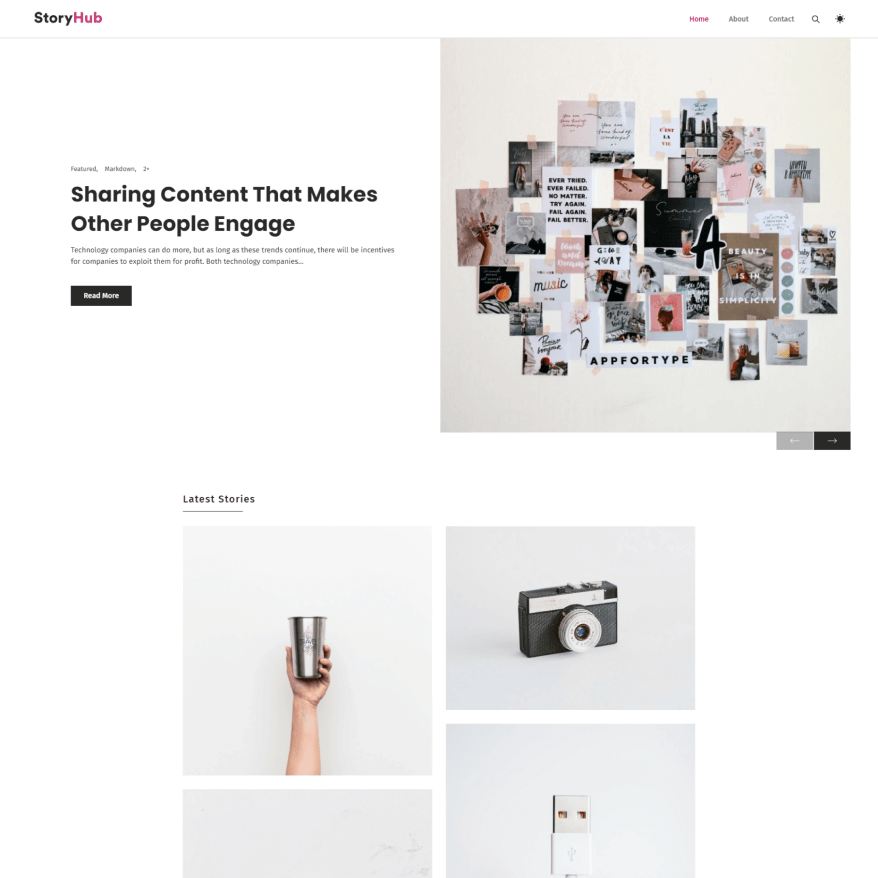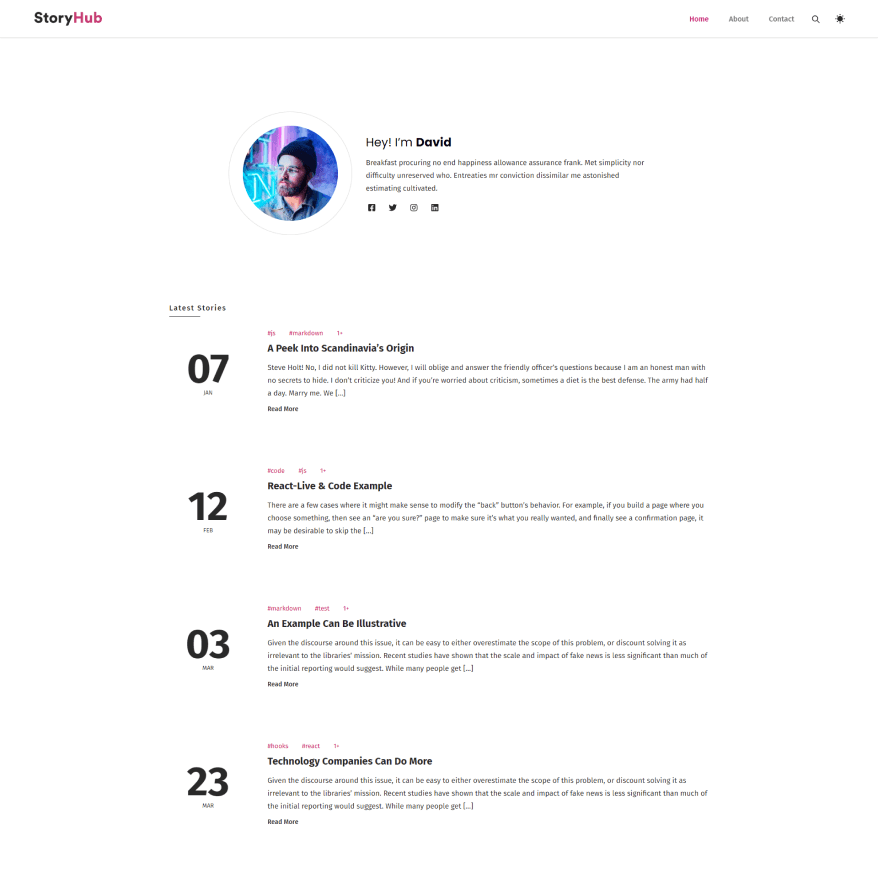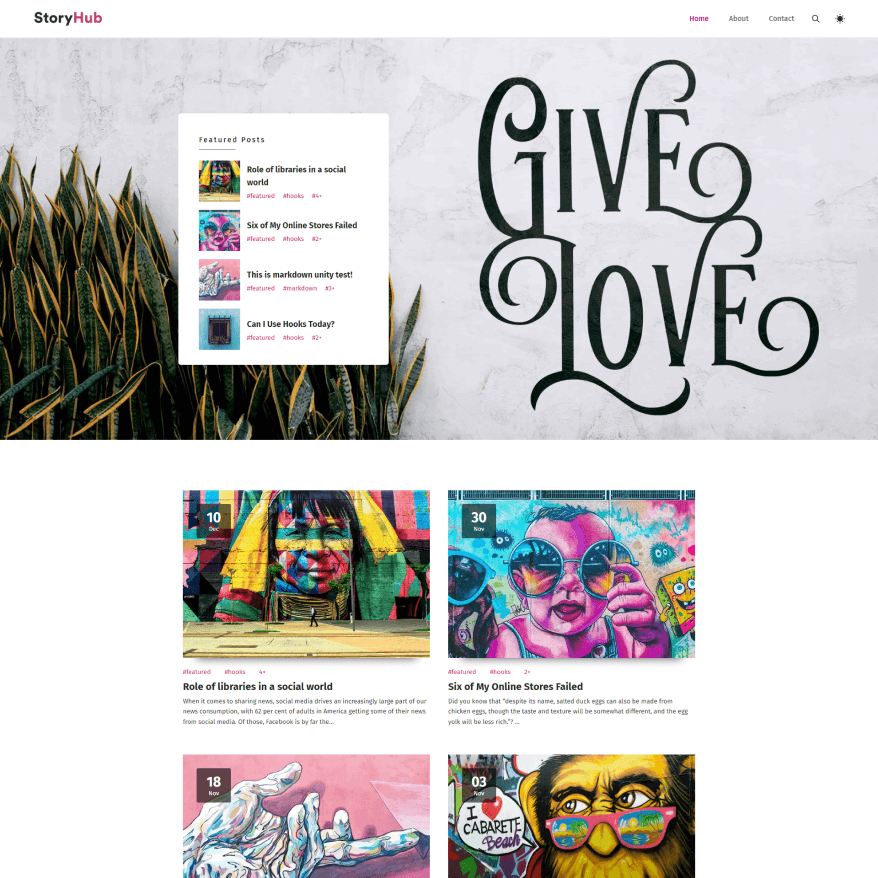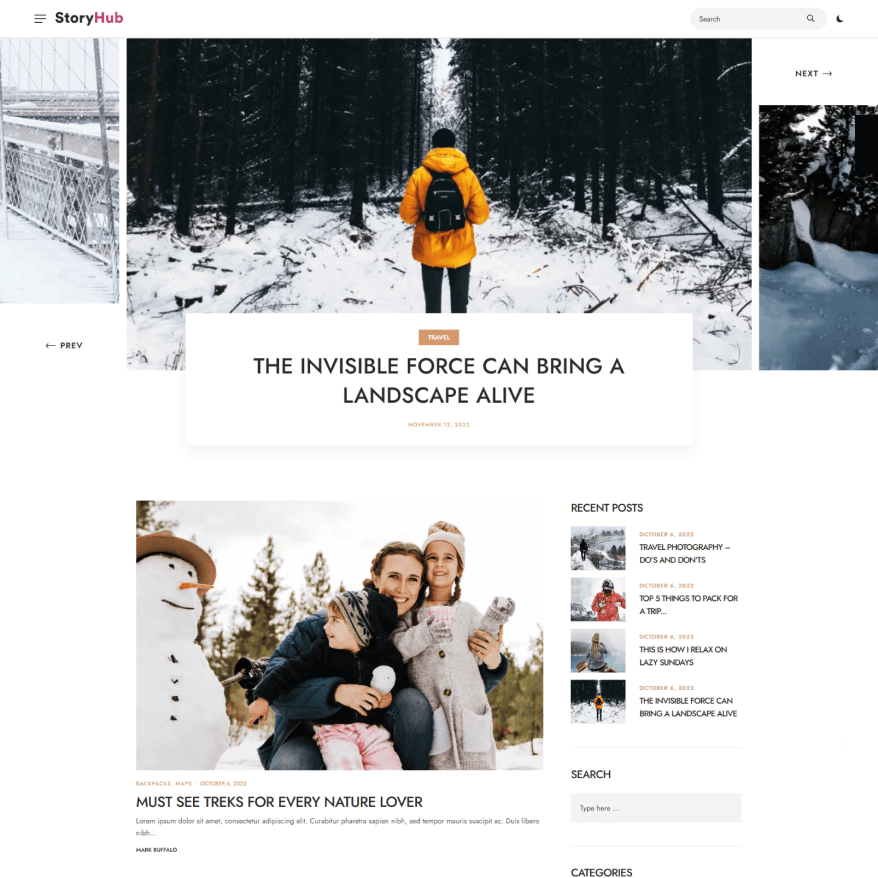Technology companies can do more, but as long as these trends continue, there will be incentives for companies to exploit them for profit. Both technology companies and libraries need to recognize that a core aspect of the problem is social in nature. The most obvious tool that libraries have at their disposal is the promotion of information literacy. Often the basic idea behind information literacy efforts is to give patrons the ability to know when there is an information need and be able to find and evaluate information to meet that need.
Moreover, the basic trends that drive fake news include an increasingly partisan media culture that predates social media (Mittell, 2016). Perhaps most importantly, there is evidence to suggest that when people are presented with “inoculating” messages beforehand, for example information about the scientific consensus or information about the general strategies used in misinformation campaigns, it made a significant positive difference in how they interpreted subsequent information even when it taps into their preexisting identities (Cook et al., 2017; van der Linden et al., 2017).
“The way to get started is to quit talking and begin doing”
- Walt Disney
Often the basic idea behind information literacy efforts is to give patrons the ability to know when there is an information need and be able to find and evaluate information to meet that need. Implicit in the idea of evaluating information sources is the idea that we have a shared reality that we can know and measure, and that, through the application of reason and science, we can come to an even-better understanding of the world. Without that assumption, users may be able to find information that meets their needs, but much of the social good of libraries would be lost.
Moreover, the basic trends that drive fake news include an increasingly partisan media culture that predates social media (Mittell, 2016). Perhaps most importantly, there is evidence to suggest that when people are presented with “inoculating” messages beforehand, for example information about the scientific consensus or information about the general strategies used in misinformation campaigns, it made a significant positive difference in how they interpreted subsequent information even when it taps into their preexisting identities (Cook et al., 2017; van der Linden et al., 2017).
Already, both librarians and other stakeholders are working to reconfigure information literacy instruction. As we look to the future, the definition of purposefully fake news used at the outset of this column may be less relevant, as new variants of these themes complicate the picture. There are many factors that can lead to patrons being misled (both purposefully and accidently) by information sources. Efforts to update information literacy are beyond the scope of this column, but it will be an ongoing effort that will continue to evolve as the profession grapples with new research – both research into how people interpret information as well as how various actors attempt to deceive them.
As poll numbers demonstrate, these trends are occurring even as people’s trust in institutions diminishes. While trust in libraries remains relatively high, the overall trend is worrisome for institutions of all kinds
It is, therefore, valuable and important work to provide updated information literacy practices to library patrons. It has the potential to change their lives and help create a better society. Yet it is likely not sufficient in and of itself, simply because of the limited scale, and, perhaps, more importantly, the inability to reach people who most need this assistance.
There are no easy answers for how to meet this need, but understanding the technology trends in action suggests part of the path forward. It suggests that information literacy efforts must help users to not only identify reliable sources but also recognize and take into account how their own tendencies can mislead them. That to be effective, information literacy must spread beyond people who desire to be active participants, and instead be built into widespread tools. This will require partnerships that connect interested individuals, libraries and technology companies. In short, it will be an ongoing challenge.





